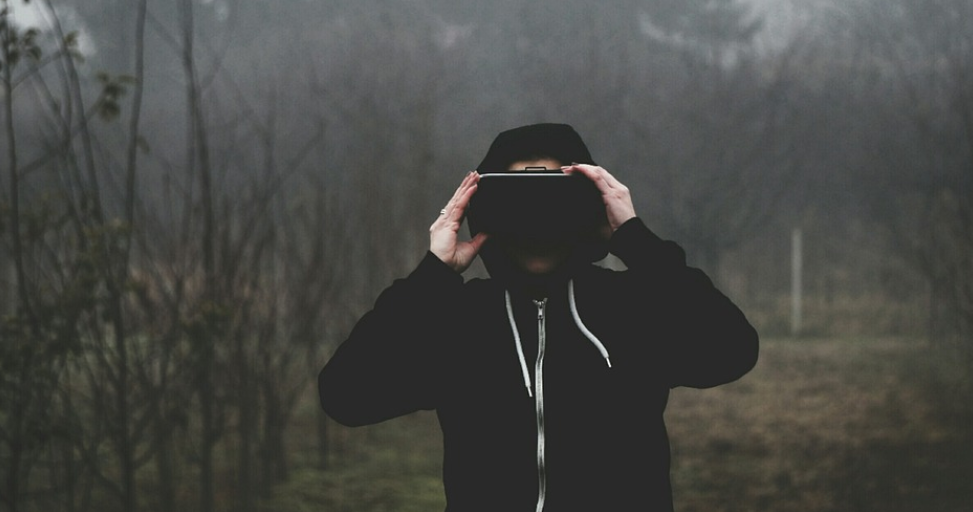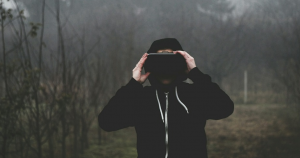The Psychology of Social Media: How Platforms Are Shaping Human Behavior
In recent years, social media has become an integral part of our daily lives, influencing how we communicate, share information, and perceive the world around us. With billions of users globally, platforms like Facebook, Instagram, Twitter, and TikTok have transformed not only the way we connect with others but also how we view ourselves and our relationships. The psychology of social media is a complex and multifaceted subject, revealing both the positive and negative effects these platforms have on human behavior. Understanding these dynamics is crucial in navigating the modern digital landscape and fostering healthy online interactions.
One of the most significant psychological impacts of social media is its ability to shape self-identity and self-esteem. Users often curate their online personas, showcasing highlights of their lives while omitting the mundane or negative aspects. This selective presentation can lead to a phenomenon known as social comparison, where individuals measure their own worth against the perceived success of others. Research has shown that exposure to idealized representations of life on social media can lead to feelings of inadequacy, low self-esteem, and even depression. The pressure to conform to these standards can create a cycle of anxiety and dissatisfaction, as users feel compelled to present a version of themselves that aligns with the often unrealistic expectations set by their peers and influencers.
Moreover, the addictive nature of social media platforms plays a significant role in shaping user behavior. Designed to capture attention and keep users engaged, these platforms leverage psychological principles such as variable rewards to maintain interest. Notifications, likes, comments, and shares all provide immediate feedback and gratification, creating a dopamine loop that encourages users to return repeatedly. This compulsive behavior can lead to excessive screen time, which has been linked to negative outcomes such as decreased productivity, impaired focus, and disrupted sleep patterns. As users become increasingly reliant on social media for validation and social interaction, they may struggle to disconnect, resulting in a detrimental cycle that impacts mental well-being.
Social media also influences interpersonal relationships and communication styles. While it has enabled people to connect across vast distances, fostering friendships and maintaining relationships, it has also altered the quality of these interactions. Digital communication often lacks the nuances of face-to-face conversations, such as tone, body language, and emotional cues, which can lead to misunderstandings and conflicts. Additionally, the convenience of online communication can diminish the depth of connections, as users may opt for quick texts or social media messages over meaningful in-person conversations. This shift in communication dynamics can contribute to feelings of loneliness and social isolation, despite the illusion of connectedness that social media provides.
Another psychological aspect of social media is its role in shaping group dynamics and societal norms. Online communities can foster a sense of belonging and support, especially for marginalized or niche groups. These platforms allow individuals to share experiences, seek advice, and find solidarity in their struggles. However, social media can also amplify echo chambers and groupthink, where users are exposed primarily to viewpoints that align with their own. This phenomenon can reinforce biases, stifle critical thinking, and polarize communities. The algorithms that dictate what content users see are designed to maximize engagement, often prioritizing sensational or emotionally charged material. As a result, users may become trapped in cycles of confirmation bias, leading to a distorted perception of reality.
The spread of misinformation on social media platforms presents another significant challenge to human behavior and societal norms. In an era where information is abundant, distinguishing fact from fiction can be daunting. Social media’s rapid dissemination of information allows false narratives to gain traction quickly, impacting public opinion and behavior. The psychological principles of fear and urgency can drive users to share content without verifying its accuracy, perpetuating the spread of misinformation. This can have real-world consequences, influencing everything from political elections to public health initiatives. As users become more aware of the implications of misinformation, the need for critical media literacy and responsible sharing becomes increasingly apparent.
Furthermore, the impact of social media on mental health has garnered significant attention in recent years. While these platforms can provide support and community for individuals facing mental health challenges, they can also exacerbate feelings of anxiety, depression, and loneliness. Studies have indicated that individuals who spend more time on social media are at a higher risk of experiencing mental health issues. The constant exposure to curated content and the pressure to portray a perfect life can contribute to negative self-perception and emotional distress. The potential for cyberbullying and online harassment further complicates this issue, as victims often find it challenging to escape the reach of their aggressors in a digital landscape that blurs the lines between private and public life.
Despite these challenges, social media also has the potential to facilitate positive change and community-building. Platforms can serve as powerful tools for activism, allowing users to mobilize support for various causes, raise awareness about social issues, and foster solidarity among like-minded individuals. Movements such as #MeToo and Black Lives Matter gained significant traction through social media, demonstrating how these platforms can amplify voices and create meaningful dialogues around pressing societal concerns. The ability to share information quickly and efficiently can empower individuals to take action and drive change, illustrating the dual nature of social media as both a source of conflict and a catalyst for progress.
As we look to the future, understanding the psychology of social media is crucial for navigating its complexities and mitigating its negative effects. Users must cultivate digital literacy skills to critically evaluate the content they consume and share. Encouraging open dialogues about mental health, self-identity, and the impacts of social media can foster healthier online communities. Platforms themselves have a responsibility to promote positive behaviors by implementing features that prioritize user well-being, such as tools to manage screen time, algorithms that reduce the spread of misinformation, and support systems for those experiencing online harassment.
Social media is profoundly shaping human behavior in various ways, influencing self-identity, communication styles, interpersonal relationships, and societal norms. While it presents both opportunities and challenges, the key lies in fostering a balanced relationship with these platforms. By promoting awareness, encouraging responsible use, and prioritizing mental well-being, we can harness the power of social media to create a more connected, informed, and compassionate world. As users and creators of content in this digital age, it is essential to approach social media with intention, recognizing its potential to enhance or hinder our lives and the lives of those around us.














Post Comment